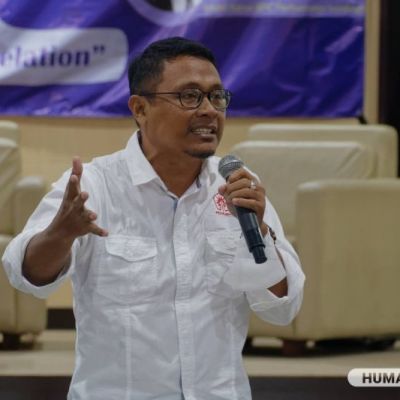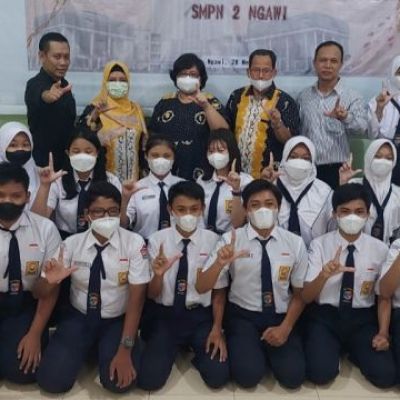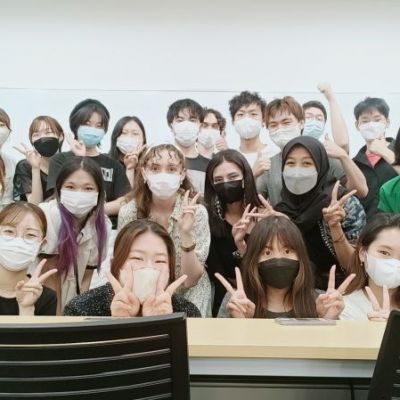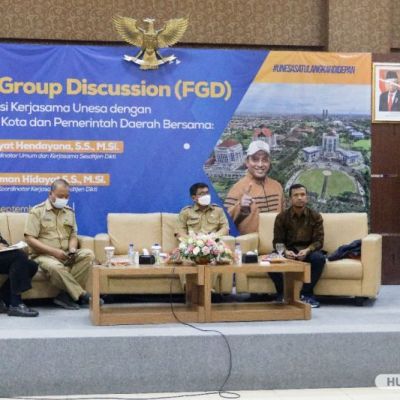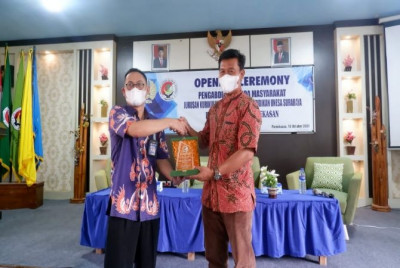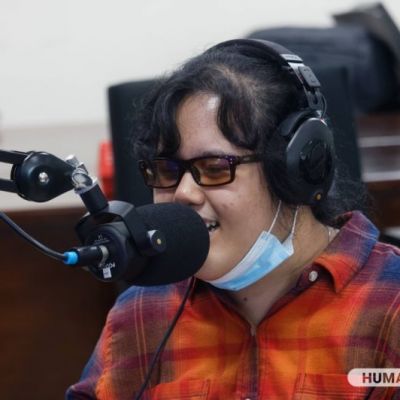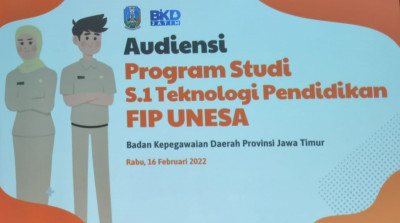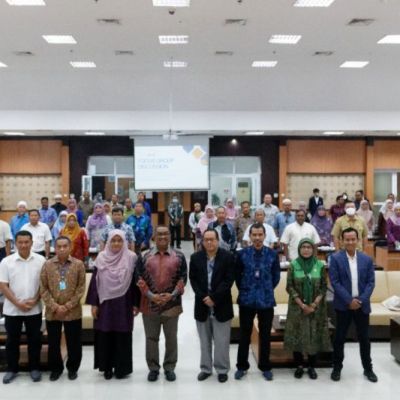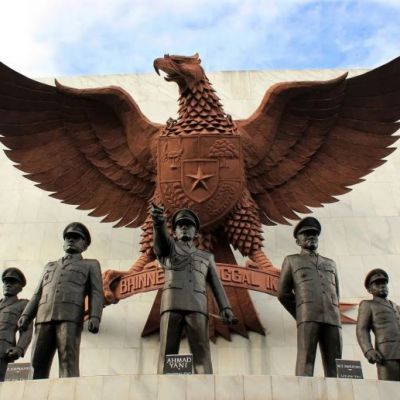Unesa.ac.id, SURABAYA-International Democracy Day is celebrated every 15 September. It was adopted by the United Nations in 2007 with the aim of encouraging governments in various countries to strengthen and consolidate democracy. This year‘s commemoration carries the theme "Protecting Press Freedom for Democracy."
UNESA Political Sociology Expert, Dr. Agus Machfud Fauzi, M.Sc., said, referring to the spirit and purpose of its establishment, International Democracy Day should be a momentum to reflect back on the journey of democracy in various countries, including Indonesia.
According to him, the journey of democracy cannot be separated from the journey of Indonesian independence. During the old order, Soekarno‘s leadership through his guided democracy was considered to have failed to implement the democratic system. Then, during the New Order era, this gave birth to pseudo-democracy.
Only in and post-reformation until now democracy has its place in the state system. Although there had been some turmoil, democracy in Indonesia was considered quite conducive. "However, if we look at the ideal values of democracy itself, democracy in Indonesia is still far from what it should be," he said.
Democracy places the people as the basis for every state interest. The people are the ‘targets‘ who are promoted to their standard of living, given education and decent jobs and ensured their welfare. Not the other way around, the people sometimes bear the brunt of the behavior of their officials and representatives up there.
Not to mention, he continued, systemically, democracy in Indonesia needs to be criticized. For example, the existence of a regional head who is on the verge of retiring is still presenting/nominating his family, whether it‘s his wife, children, relatives or even grandchildren to continue his career in office. This is indeed not prohibited, but indirectly it creates unhealthy political competition and tends towards oligarchy.
In addition, the rise of money politics still feels as if it is a common thing. Even though this was prohibited by law, the dawn attack became a weapon that won a lot of votes. There are many reports coming in about it, but it is not responsive. Even people who want to report are afraid of the threats from the ‘reported‘.
This tradition of dowry and money politics, said Agus, became a threat and made democracy worse. Apart from that, the consistency of regulations in both regional elections and national level elections has changed a lot from year to year. This creates a bad image of regulation in the eyes of the people. Instead of rules to facilitate and prosper the community, the impression is like ‘choking‘ the little people.
Building an ideal democracy in Indonesia must start from shared awareness and commitment. This awareness must be present both vertically and horizontally. It can be from the bottom up or from the community that influences policy and from the top down through policy.
“The ideal democracy is one that accommodates the aspirations and needs of its people. Democracy is not final, we are still in the process. It takes a shared commitment until we really find the ideal pattern of democracy based on the characteristics of our own nation," he concluded. [HUMAS UNESA]
Author: Saputra
Editor: @zam Alasiah*
Photo Source: bpip.go.id
Spicy Notes on Indonesian Democracy by UNESA Experts
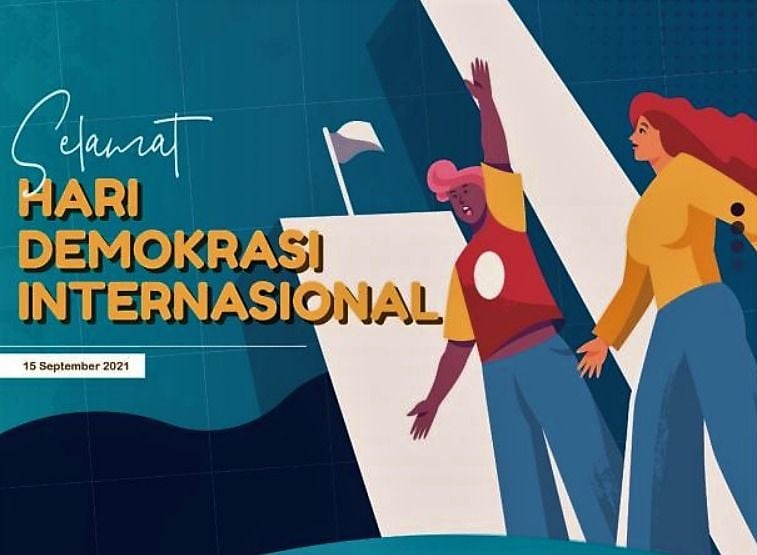
16 September 2022

